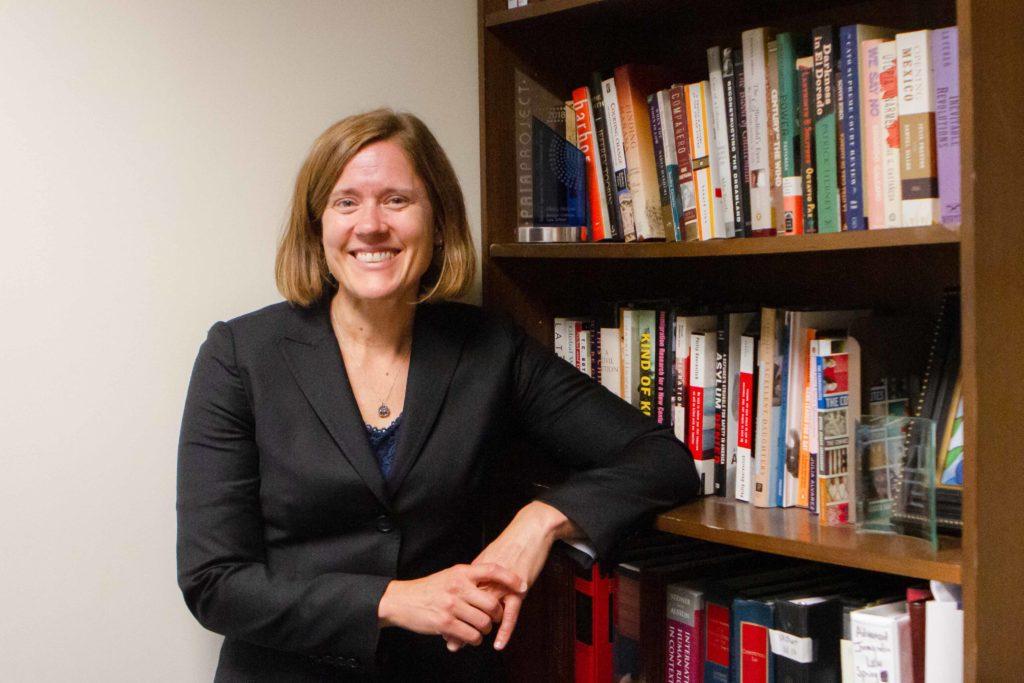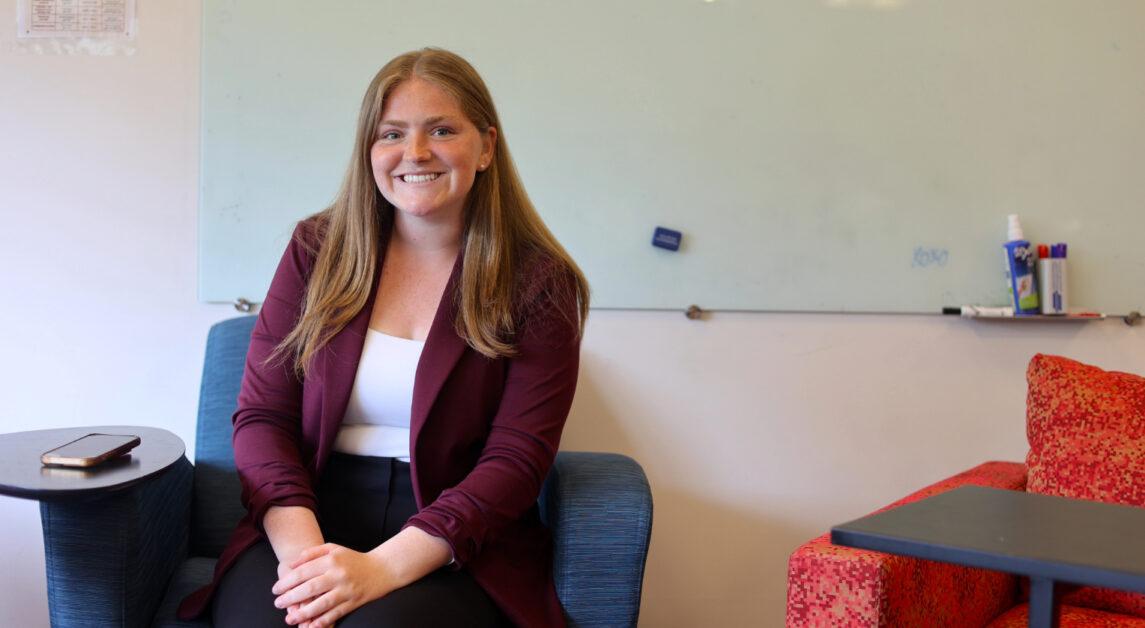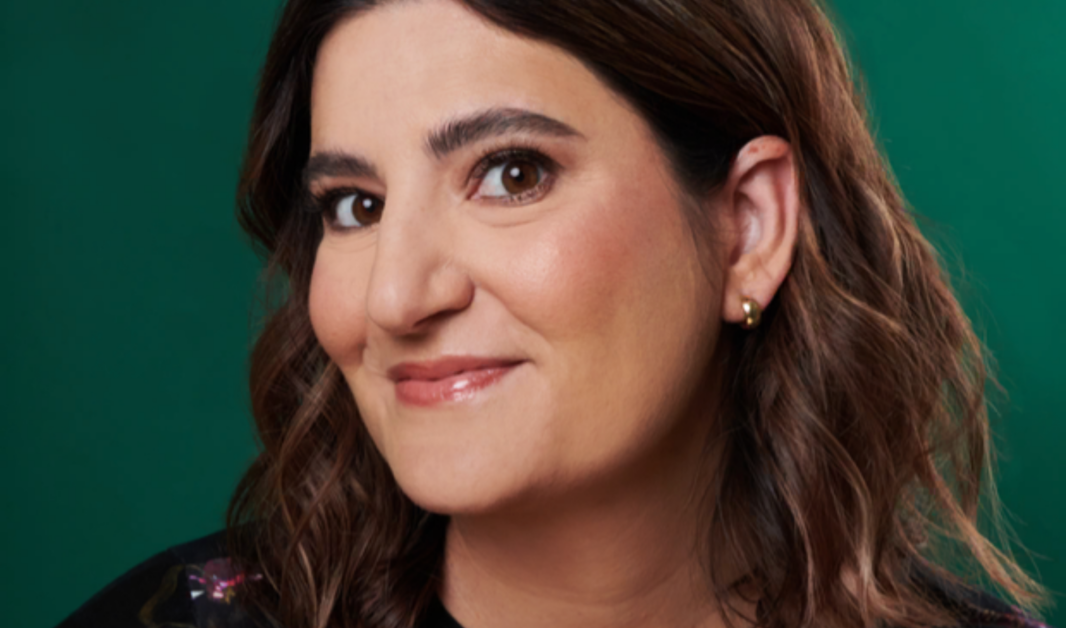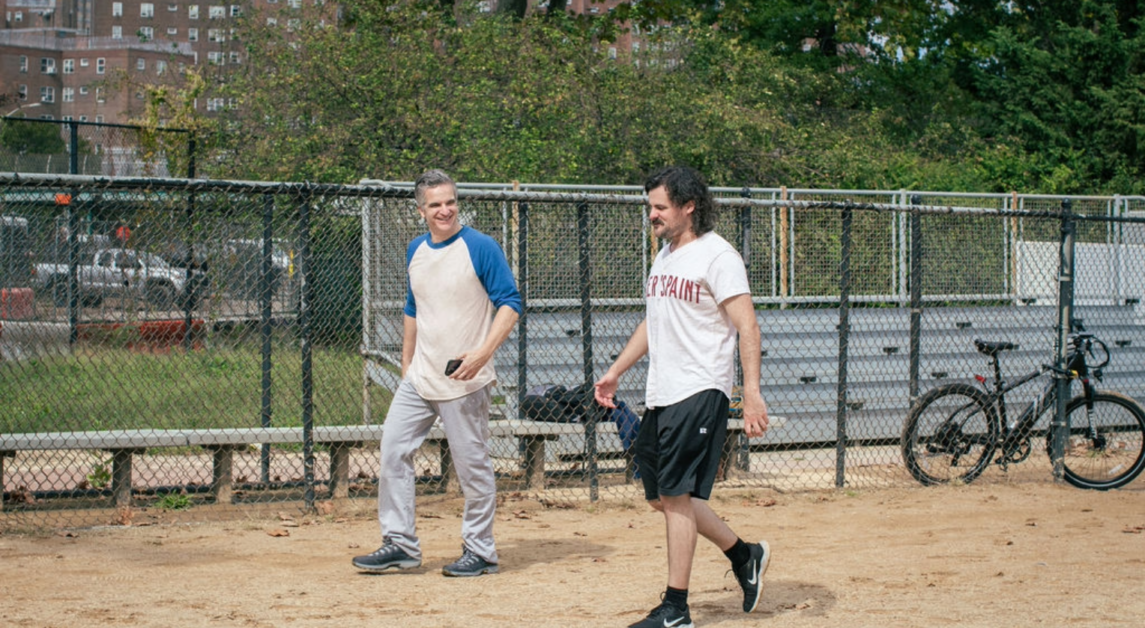In the late ’80s and early ’90s, law students tended to drift toward a similar group of career options—property law and contract law, among others. Immigration law was considered something of a sideline practice. When Boston College Law School (BC Law) professor Daniel Kanstroom decided to pursue immigration law, he recalls that his mentors advised him against it. Why, they asked him, would you pursue a job in this specific field?
From a young age, Kanstroom always thought about his life as being dedicated to progressive social change. His father was a union printer of the New York Times and his grandmother was a member of the Emma Lazarus Society. Named after the poet who wrote the sonnet inscribed on the pedestal of the Statue of Liberty, the society aided immigrant women as they came to America. While in high school and college, he thought he could actualize this calling through writing. But slowly, he came to the conclusion that law was a good place to channel those influences, particularly because he could learn to understand how power is exercised.
“If you want to make change in a meaningful way, it would be, first of all, interesting to understand what power is,” Kanstroom said. “And second, useful to be able to deploy it on behalf of people who don’t have power.”
Now, in 2019, where every top law school has multiple faculty members teaching immigration law, it seems like a shock that a distinguished law professor like Kanstroom was nudged away from pursuing a career in the field back in the ’80s. It’s thanks to professors like Kanstroom, and his student mentees, that BC Law has the flourishing Immigration Clinic it does today.







